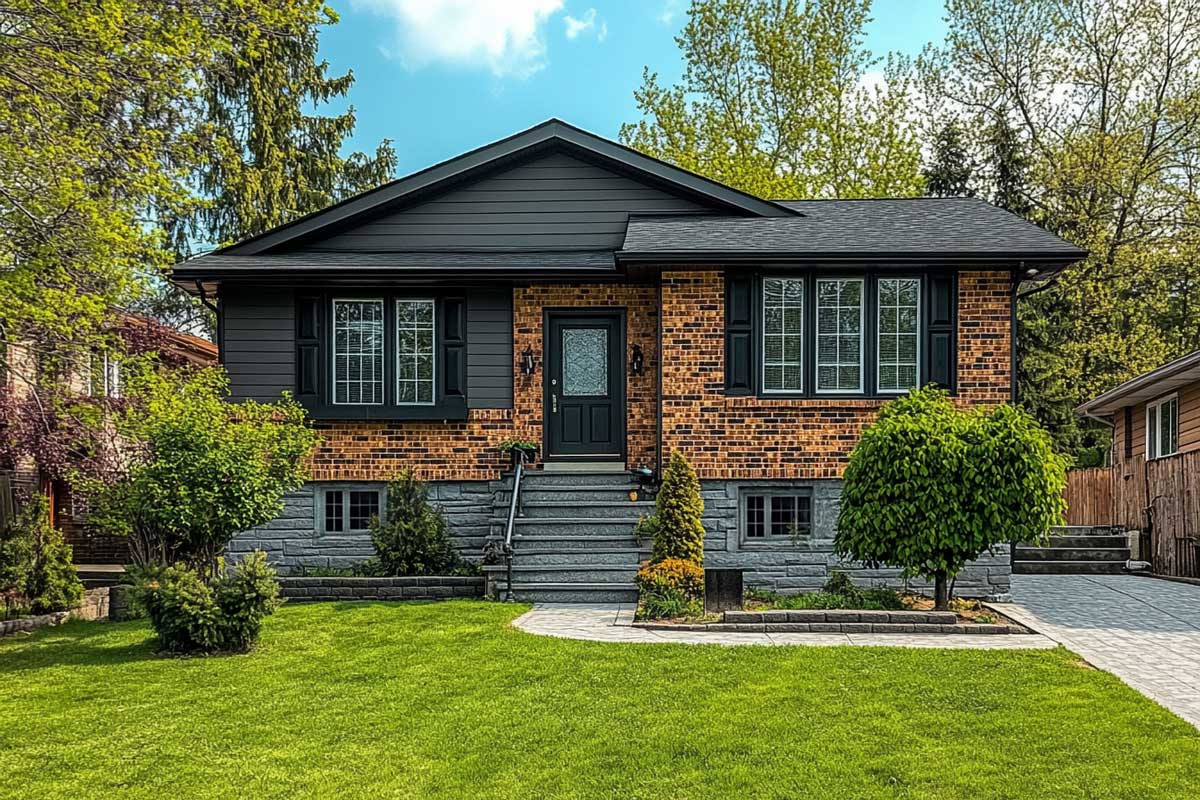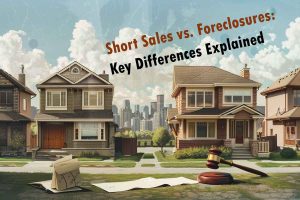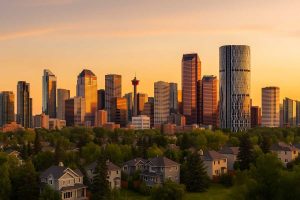What You Need to Know About HOAs Before Buying a Home in Alberta
By Malvinder S. Tiwana | www.maltiwana.ca
Introduction: A Growing Trend in Alberta Real Estate
As Alberta’s housing developments continue to expand—especially in Calgary and surrounding areas—more homeowners are discovering that their dream home comes with something called an HOA. A Homeowners Association (HOA) is not just a formality; it can directly impact your property rights, finances, and daily life.
Whether you’re considering a stylish townhouse in a master-planned community or a new detached home in a suburban enclave, understanding what an HOA is, how it functions, and what you’re signing up for is essential. This guide, curated by Malvinder S. Tiwana of the Tiwana Real Estate Team, brings you a clear, non-promotional explanation rooted in Alberta’s legal frameworks and real estate practices.
What Is a Homeowners Association (HOA) in Alberta?
In Alberta, a Homeowners Association is a legal entity typically established by a land developer. Its primary purpose is to manage and maintain shared amenities and enforce community standards. These are not the same as community associations, which are often voluntary and focus more on events and civic advocacy.
Most HOAs in Alberta are established under the Societies Act of Alberta and operate as non-profit organizations. Once you purchase a property within an HOA-managed community, your membership is automatic—and so is your obligation to pay yearly or monthly fees.
Quick Facts about Alberta HOAs
- HOA fees: Typically range from $100 to $1,500+ annually
- Legal entity: Usually formed as a non-profit under the Societies Act of Alberta
- Membership: Mandatory for all property owners within the development
- Common properties: Entrances, green spaces, pathways, water features, parks
- Documents: Bylaws and encumbrances are registered on the property title
What Does an HOA Actually Do?
-
Maintenance of Shared Amenities
- Landscaping and irrigation of green spaces
- Playground and park upkeep
- Decorative fencing, gates, and signage
- Ponds, stormwater infrastructure, or entrance monuments
-
Rule Enforcement
The HOA enforces architectural guidelines and community bylaws—known as Restrictive Covenants or Architectural Controls. These rules typically govern:
- Exterior paint colours
- Roofing material types
- Fencing height and style
- Lawn and yard maintenance
- Types of vehicles permitted on driveways
- Financial Management
HOAs collect fees from homeowners to fund their operations. These fees cover operating expenses and help build a reserve fund to handle future repairs or upgrades. -
Community Engagement
- Seasonal clean-up days
- Block parties or holiday events
- Safety patrols and newsletter communication
HOA vs. Community Association: What’s the Difference?
It’s easy to confuse Homeowners Associations (HOAs) with Community Associations (CAs), especially in places like Calgary where both may coexist. However, the two have different structures and legal implications:
| Feature | HOA | Community Association (CA) |
|---|---|---|
| Membership | Mandatory | Voluntary |
| Fees | Legally enforceable | Optional donations |
| Purpose | Maintain private amenities | Foster community, advocate with city |
| Creation | By developer | By residents or civic groups |
| Legal Standing | Registered society tied to property title | Registered society, not tied to title |
Tip: Before buying, verify whether the community has an HOA, CA, or both—and understand what each entails.
Understanding HOA Fees in Alberta
Fees vary based on the complexity of amenities and the number of households contributing. Here’s a breakdown of what your money might cover:
- Maintenance of entrance features and boulevards
- Snow removal from pathways or private roads
- Insurance for common areas
- Reserve fund contributions
- Seasonal landscaping and flowers
- Pest or weed control in shared areas
Most HOAs provide an Annual Report, which should include:
- Budget breakdown
- Reserve fund study (if applicable)
- Annual meeting minutes
Before buying, request to see these documents to assess the HOA’s financial health.
Legal Documents to Review Before Buying
When buying in an HOA-regulated area, certain legal documents will be part of your due diligence:
- Encumbrance on Title: HOAs in Alberta are often registered on your land title via a caveat or encumbrance. This makes fee payments legally binding.
-
Bylaws & Architectural Guidelines
These documents outline your obligations as a homeowner and the restrictions on your property. Ask for:- A copy of the HOA bylaws
- Architectural Guidelines
- Meeting minutes and financials (especially if resale)
Understanding these documents protects you from surprises—like not being able to build a shed, hang laundry in your yard, or install solar panels.
Can an HOA Enforce Penalties?
Yes, but the process must follow their bylaws and Alberta law. Penalties can include:
- Written notices or warnings
- Fines for non-compliance
- Suspension of amenity access
- Legal action to recover unpaid fees
While HOAs don’t typically have the power to foreclose, persistent unpaid dues may lead to legal claims or liens against your property.
Pros and Cons of HOA Living
✔️ Advantages
- Maintained and attractive common areas
- Higher resale appeal due to uniformity and upkeep
- Community amenities such as skating rinks, splash parks, or walking trails
- Organized events promote social cohesion
❌ Disadvantages
- Limited autonomy over property appearance
- Annual or special fees may increase
- Possible disputes with board decisions
- Restrictive rules that may not align with your lifestyle
Questions to Ask Before Buying in an HOA Community
Before signing a purchase agreement, consider asking:
- What are the current HOA fees and what do they cover?
- Are there any pending special assessments or legal actions?
- How are decisions made, and can residents attend meetings?
- Are there architectural controls or restrictions I should know about?
- Is there a reserve fund study available for review?
- Can I rent out my home or list it on Airbnb under HOA rules?
Your REALTOR®, lawyer, or condo document review service can help you interpret the answers.
Are HOAs Common in Calgary and Alberta?
HOAs are especially common in Calgary’s master-planned communities such as:
- Mahogany
- Auburn Bay
- Livingston
- Harmony (Springbank)
- Coopers Crossing (Airdrie)
Most newer subdivisions created after 2005 in Alberta have some form of HOA or Resident Association (RA) to maintain upgraded features beyond what the municipality provides.
Final Thoughts: Should You Buy in an HOA Neighbourhood?
Buying in an HOA-regulated community isn’t a one-size-fits-all decision.
If you enjoy orderly landscapes, community amenities, and predictable standards, an HOA might be perfect for you. But if you value property freedom, minimal oversight, and lower annual costs, you may want to steer clear.
Always review the governing documents and consult your real estate professional before committing. An HOA can add real value to a property—but only if it aligns with your lifestyle and financial expectations.
About the Author
Malvinder S. Tiwana is a licensed real estate professional and founder of the Tiwana Real Estate Team, Grand Realty, Calgary. With over two decades of experience in residential, rural, and investment property transactions across Alberta, he provides clients with trusted insight rooted in market realities, not marketing fluff.
📍 Learn more at www.maltiwana.ca








